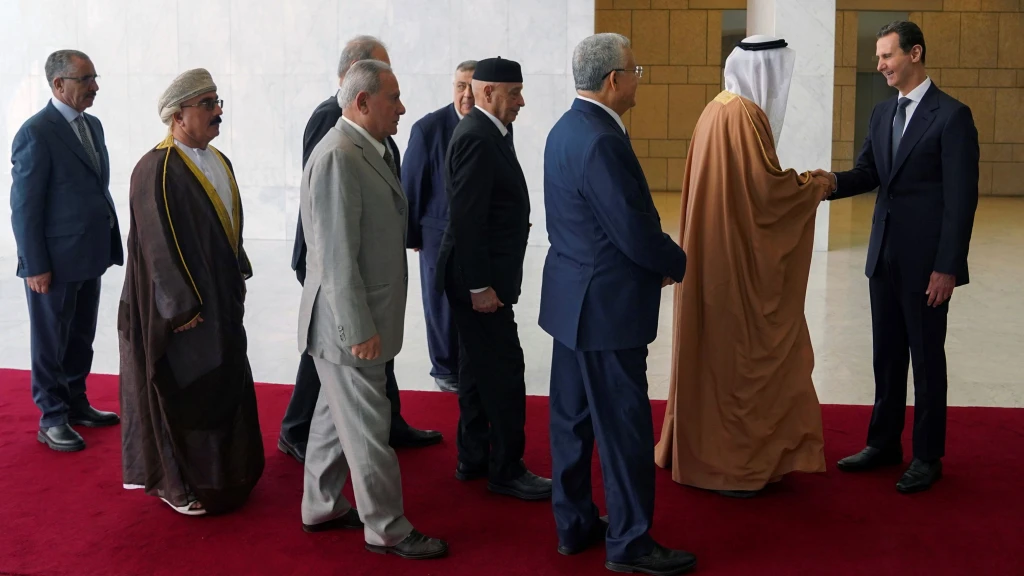
The Assad regime’s return to the Arab League was viewed as a shameful disregard for the will of over half of Syria’s population: the 16 million people who consider Assad’s rule untenable and life outside of regime control. Yet it might not be the “victory” the regime had hoped for. Despite Assad’s reinstatement, the repercussions of 12 years of ongoing criminality, human rights violations, and war crimes are still too much for many.
In the wake of the announcement, the European Commission commented that “There will be no normalization of relations with the Assad regime without a political solution in accordance with UN resolutions,” and Germany’s Foreign Ministry made it clear that “Nothing has changed on the ground in Syria that calls for normalization with the Assad regime.”
The US State Department made it apparent that the United States was resolute in its rejection of normalization, saying, “Syria does not deserve to return to the Arab League.” It further expressed concerns regarding the negative impacts of Iranian presence in Syria and the resolution of the refugee crisis, noting that “Syrians must be enabled to return to their country and limit Iran’s influence in the region.”
Biden and the White House drove the point home, declaring, “We will not normalize with Assad, and our sanctions against Syria will remain in full force.” They pointed out that “The actions of the Assad regime still pose an extraordinary threat to (US) national security.”
In an unusual show of bipartisanship, members of the House Foreign Affairs Committee, Michael McCaul and Gregory Meeks, labeled Assad a “war criminal” and warned that the reinstatement was “a grave strategic mistake that will embolden Assad, Russia, and Iran to continue butchering civilians and destabilizing the Middle East.”
Western nations are not alone in abstaining from giving Assad a “free pass” in the wake of the Arab League return. As the White House said, “The decision of the Arab ministers to normalize relations… does not include all Arab countries.” It also highlighted that the US continued to “consult” with their “partners” to ensure “that they do not risk sanctions” as a result of their interactions with Assad.
Qatar’s Adviser to the Prime Minister and Minister of Foreign Affairs, Dr. Majid Muhammad al-Ansari, made it clear that while Qatar was cooperating with other Arab League members, it would not normalize with the Assad regime. He stressed that normalization is incumbent upon “a political solution that achieves the aspirations of the Syrian people.”
Ansari further clarified that the “dignity, peace, development, and prosperity” of the Syrian people are paramount. The regime must first “address the roots of the crisis that led to its boycott and take positive steps towards addressing the issues of the Syrian people” while contributing to enhancing “security and stability in the region” before the process of normalization could begin.
Jordan sent a very strong message to Assad when, less than 24 hours after Syria’s reinstatement, Jordanian jets conducted airstrikes targeting Assad’s narcotics infrastructure. This fulfilled a promise by Jordan’s Foreign Minister Ayman Safadi to “do what it takes to counter the threat of (Assad’s drugs trade), including taking military action inside Syria.”
The Syrian Islamic Council, a revolutionary Islamic body, said that while the reinstatement was “a reward for the criminal (Assad) regime, which displaced half the Syrian people and killed hundreds of thousands,” the safe and voluntary return of Syrian refugees cannot take place under a regime that does not recognize the most basic human rights.









